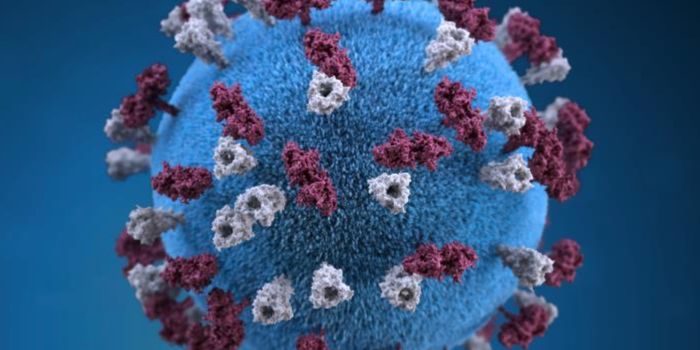In a new study of mice with diabetes, scientists gained large insight into the growing prevalence of diabetes, especially in the United States.
A team from the Institute of Experimental Genetics (IEG) fed mice a high fat diet, causing them to become obese and develop diabetes. Using in vitro fertilization, they produced offspring from the diabetic mice from isolated oocytes and sperm. By using healthy surrogate mothers to carry and give birth to the offspring, the researchers could limit variables like the behavior of the mother during pregnancy and lactation from impacting results.
The oocytes and sperm from the diabetic mice passed epigenetic information, affecting males and female offspring differently. The females epigenetic “hand-me-downs” led to severe obesity, more so than the males, who were more affected in terms of blood glucose levels. In addition, like in humans, the maternal contribution of inherited information to metabolism change is greater than the paternal contribution.
Professor Martin Hrab de Angelis believes this epigenetic inheritance could be the cause for the “dramatic global increase in the prevalence of diabetes since the 1960s” since the increase is too fast to be explained simply by genetic mutations.
Also unlike genetic inheritance, epigenetic inheritance is “in principle” reversible, meaning that understanding the inheritance is an important step toward building new therapies for metabolic diseases. This study was recently published in the journal
Nature Genetics.
Source:
German Research Center for Environmental Health









